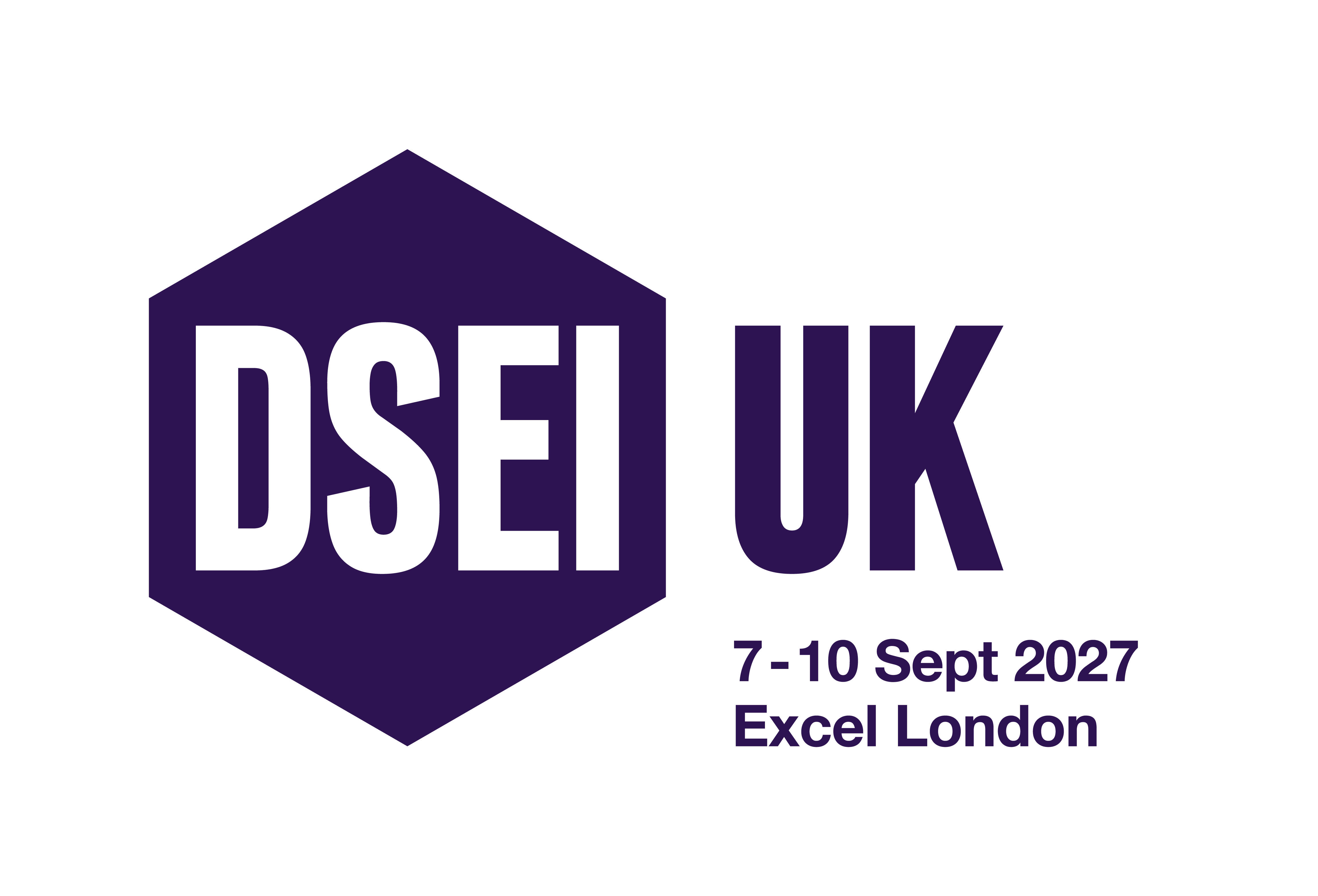What could a multilateral defence bank mean for defence?
- Europe
- Explainer
- Investment

Answering the defence imperative at a time of economic hardship is a key dilemma in 2025. DSEI Gateway explores how a multilateral defence bank could support this and drive investment in defence by speaking to key players behind the initiative.
Defence budgets across Europe and the Indo-Pacific are rising; however, many governments are boxed in when it comes to funding these increases.
Meanwhile, traditional lenders are cautious of defence, with environmental and social governance rules often pointed out as blocking smaller firms and startups from securing finance.
A multilateral bank dubbed the Defence, Security and Resilience (DSR) Bank recently proposed by leading officials in defence is offering to help solve these issues.
The concept
In general, the concept of a multilateral defence bank is modelled after other international institutions such as the European Investment Bank.
The difference, however, is that these institutions struggle to adequately address the problems facing governments when it comes to adequately funding defence, due to their wider mandates.
In view of this, DSEI Gateway spoke with key proponents of the DSR Bank, which outlined their vision.
Their concept has four main goals: to finance high-priority defence procurement projects; to stabilise and expand deep-tier supply chains; to mobilise private investment in dual-use and resilient technologies; and to support joint procurement initiatives to ensure return on investment and access to key capabilities.
The bank is targeting an operational date in 2027, provided it receives enough capital commitments and is properly ratified by partners, Rebecca Harding, DSR Bank Chief Economic Adviser told DSEI Gateway.
Funded by founding nations – which are yet to be determined – the bank would have an initial GBP100 billion balance sheet. Harding suggests that GBP20 billion would be paid-in equity, whilst GBP80 billion would be callable capital.
“That equity base, recorded as an asset on national accounts, enables the institution to raise several multiples of debt on capital markets at very low spreads”, Harding explained.
As more members join, the amount of paid and callable capital can be increased to match demand.
“Export-credit agencies, defence primes and specialist funds are already in dialogue to co-finance specific projects” alongside the DSR Bank, Harding added.
These partnerships, combined with the backing of founding members, will allow the bank to operate as a credit enhancer and compliance umbrella, she explained, “allowing private capital to participate at scale while meeting defence-sector regulatory requirements”.
Progress and backers
So far, the DSR Bank team has incorporated – ‘The Development Group’ – as a not-for-profit entity and undergone a market sizing study.
A team of experts have been assembled with backgrounds in defence and finance, being led by former NATO Head of Innovation Rob Murray.
Among those who have publicly endorsed the initiative are Air Chief Marshal (retd) Lord Stuart Peach and Mircea Geoană, former NATO Deputy Secretary General.
Former US Senator Richard Burr has also backed the DSR Bank concept and so have several well-known scholars such as Professor Julian Lindley-French, chairman of the Alphen Group.
Meanwhile, the DSR Bank team is in technical discussions with European investment banks and has garnered significant support within European governments.
Notably, the EU Parliament put forth a resolution calling for members to establish a DSR Bank on 10 March, whilst there has been vocal advocacy of the concept within the UK Parliament.
Luke Charters, a Labour MP – who has a background in financial services and FinTech – first proposed the concept of a multilateral defence bank in the UK Parliament and has since been working alongside another Labour MP, Alex Baker, to champion the concept.
Together, they have called for the removal of barriers to defence finance and published a document titled ‘Rewiring British Defence Finance’, affirming that “Britain should become a founding member of a multilateral defence bank”.
Meanwhile, Scottish Labour MPs Graeme Downie – whose constituency hosts the UK’s Rosyth Naval dockyard – and Calvin Bailey – a former Royal Air Force officer – co-authored an article in April, where they said that a DSR Bank “could revolutionise how Europe funds its defence”.
Aside from the EU and UK, the DSR Bank team is looking far and wide.
Whilst there would be an immediate focus upon enhancing European defence capacity, “the DSR Bank is deliberately structured as an open cooperative”, the bank’s Chief Economic Adviser Rebecca Harding, emphasised.
Potential participants, at this stage, are expected to be Australia, Canada, EU member states, Japan, Norway, South Korea, and the UK.
US participation is also being eyed, with the DSR Bank team looking to stay outside the EU’s treaty framework, allowing it to align with the EU, NATO and other partners as needed.
What could the DSR Bank deliver for defence?
If enough support is gained, and founding members ratify its initial endowments, the DSR Bank is hoped to deliver significant opportunities to governments, industry and financiers alike.
Harding believes it could deliver “cheaper capital, multi-year certainty and a dedicated compliance framework purpose-built for defence”.
Common technical standards – tied to its lending – could enhance interoperability, complementing rather than challenging existing mechanisms.
For smaller firms, the DSR Bank looks to provide “working-capital guarantees and, where necessary, lend directly to these firms”, Harding noted.
She predicts that this will reduce the risks placed on private lenders and the insolvency risk faced by these companies, allowing them to scale production and “weather long government payment cycles”.
This should also benefit larger (prime) contractors, bringing stability and greater resilience to their supply chains.
On a strategic level, the DSR Bank team aims to speed up the deployment of common systems, boost industrial capacity, protect critical infrastructure, and enhance the defence of participating nations.
Summarising her remarks, Harding said that “the DSR Bank could become a cornerstone of a new global security architecture - one that ensures democracies remain united, innovative, and prepared to defend their shared values”.
DSEI Gateway News is part of DSEI UK and the broader Clarion Defence portfolio.
Enjoy reading this article? Click here to read more about our upcoming DSEI membership offering...
Tags
- bank
- capital
- concept
- defence
- dsei
- dsr
- economic
- eu
- european
- explainer
- finance
- former
- founding
- gateway
- governments
- harding
- investment
- key
- mean
- members
- multilateral
- support
- team
- uk
Providing impartial insights and news on defence, focusing on actionable opportunities.
-
It marks a major step-change in Canada’s approach to defence procurement.
-
It comes as the company announces its first dual-use spin-out.
-
Most of those competing are US-based small businesses.


)
)

